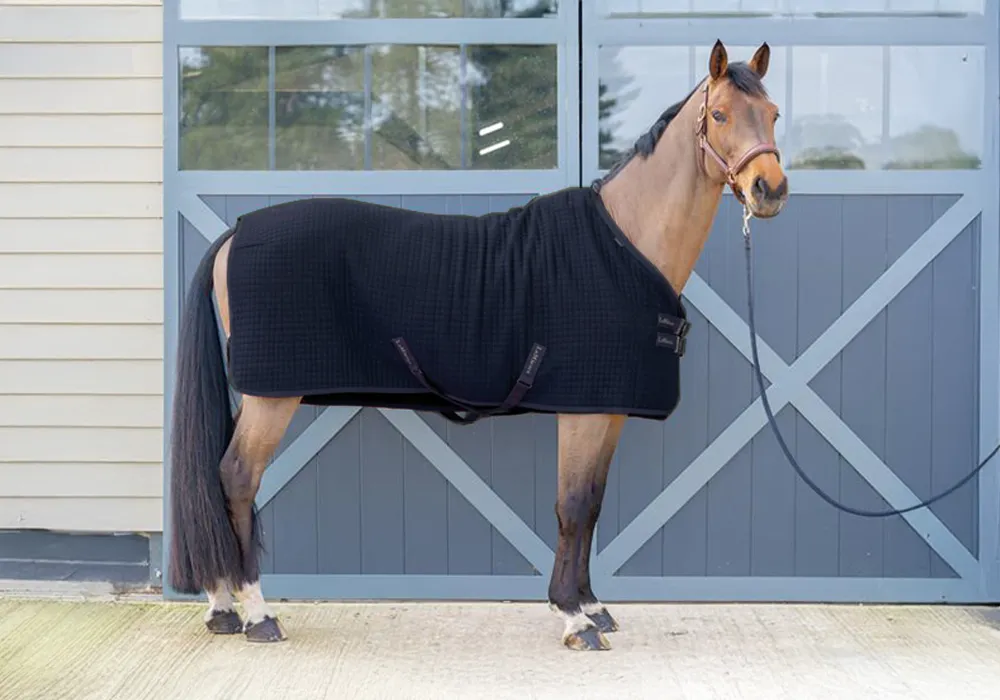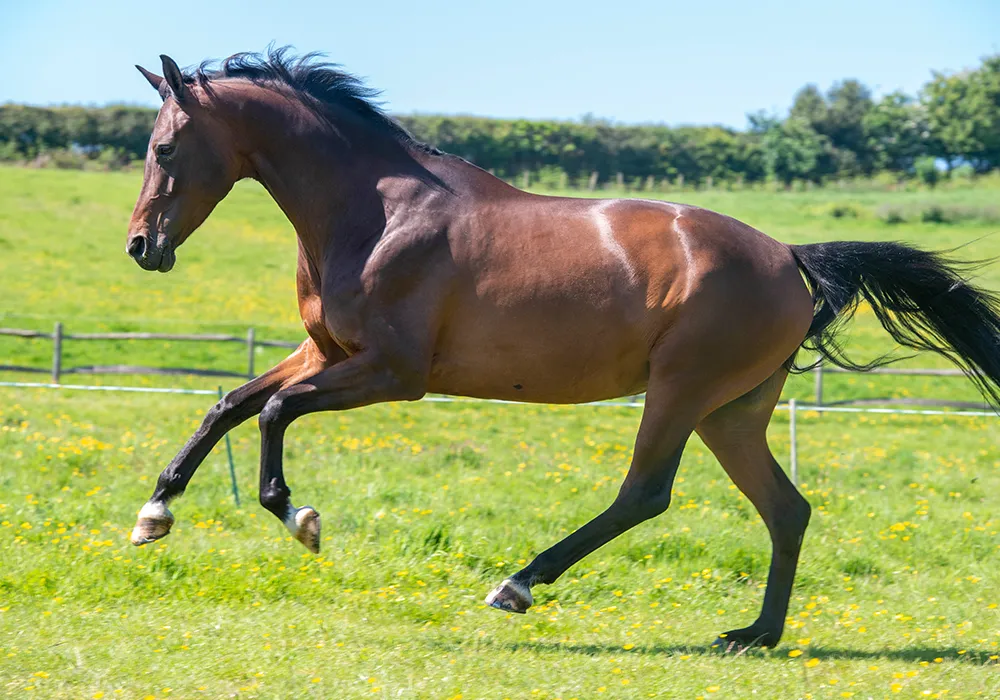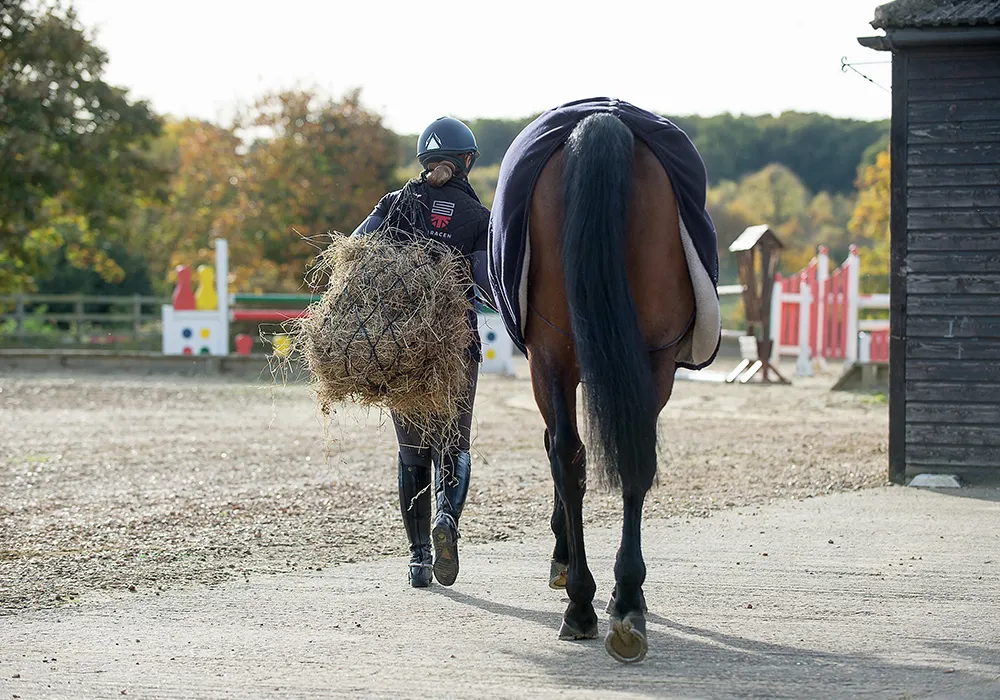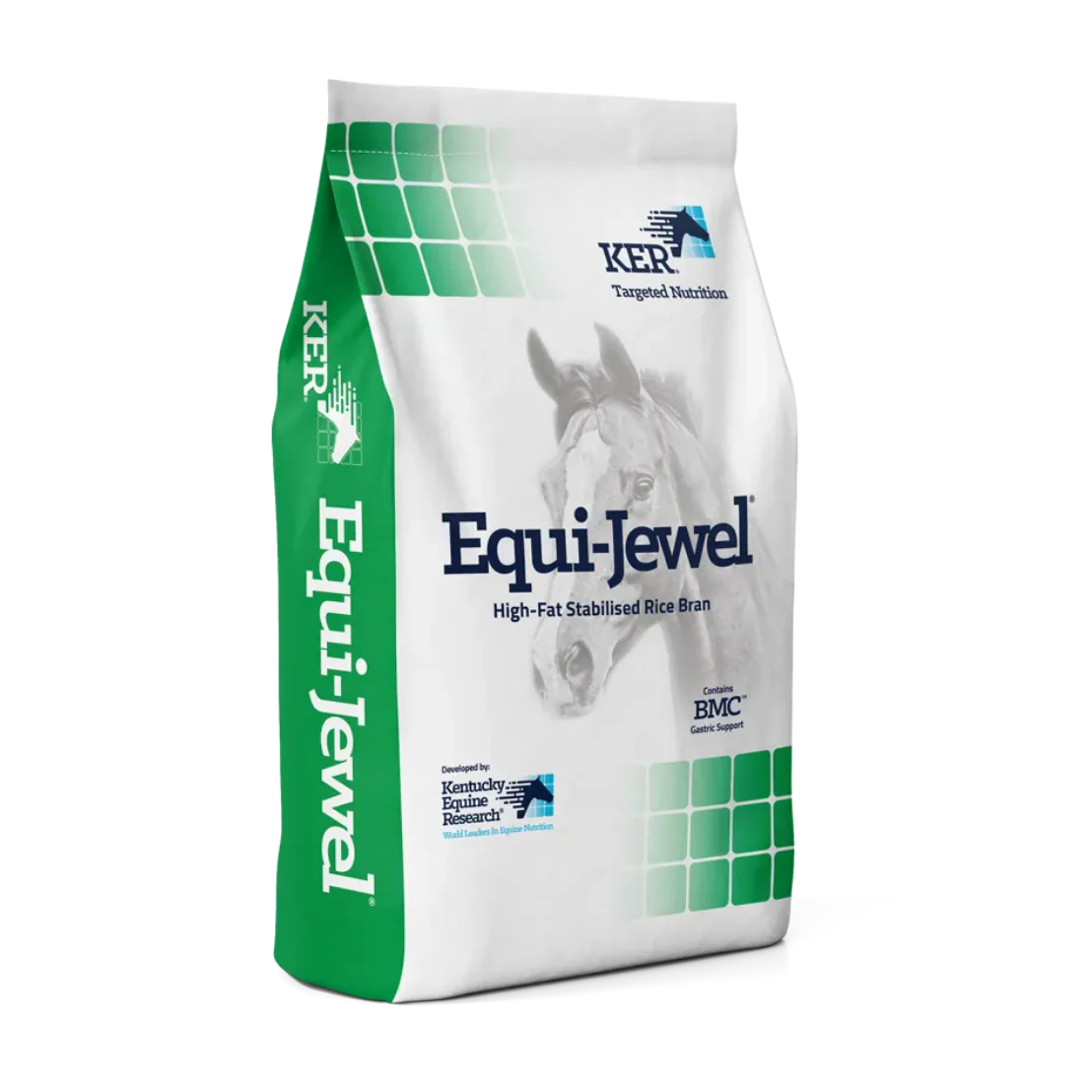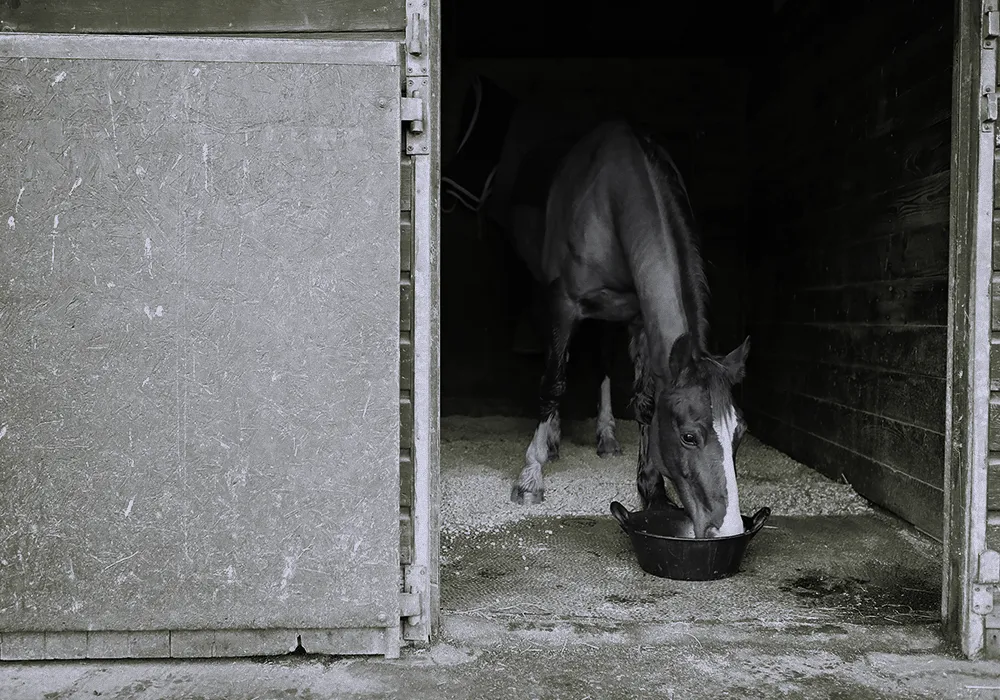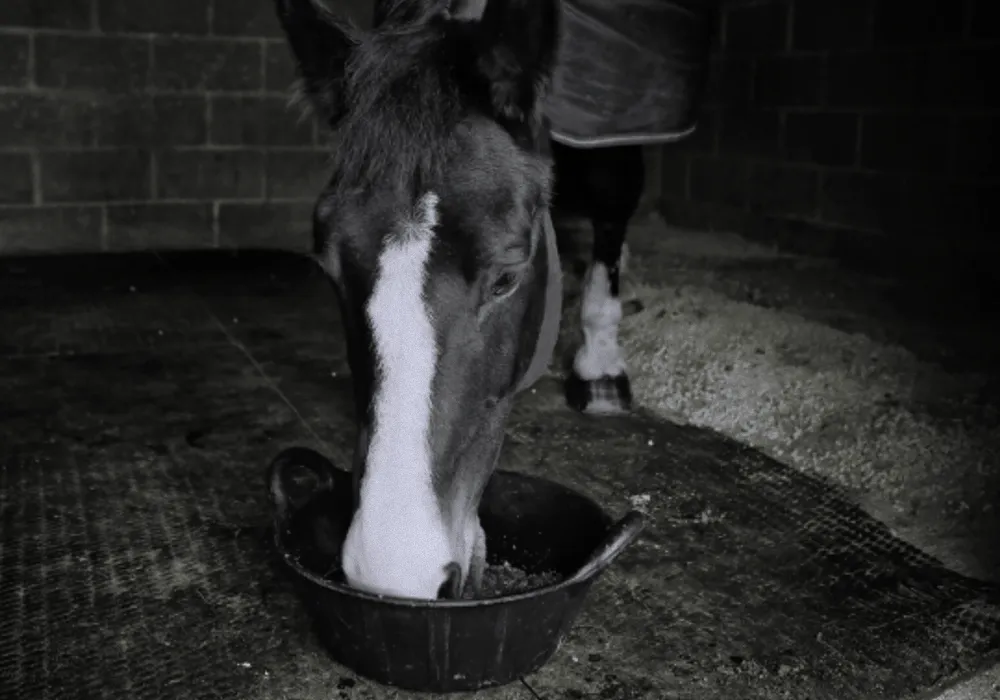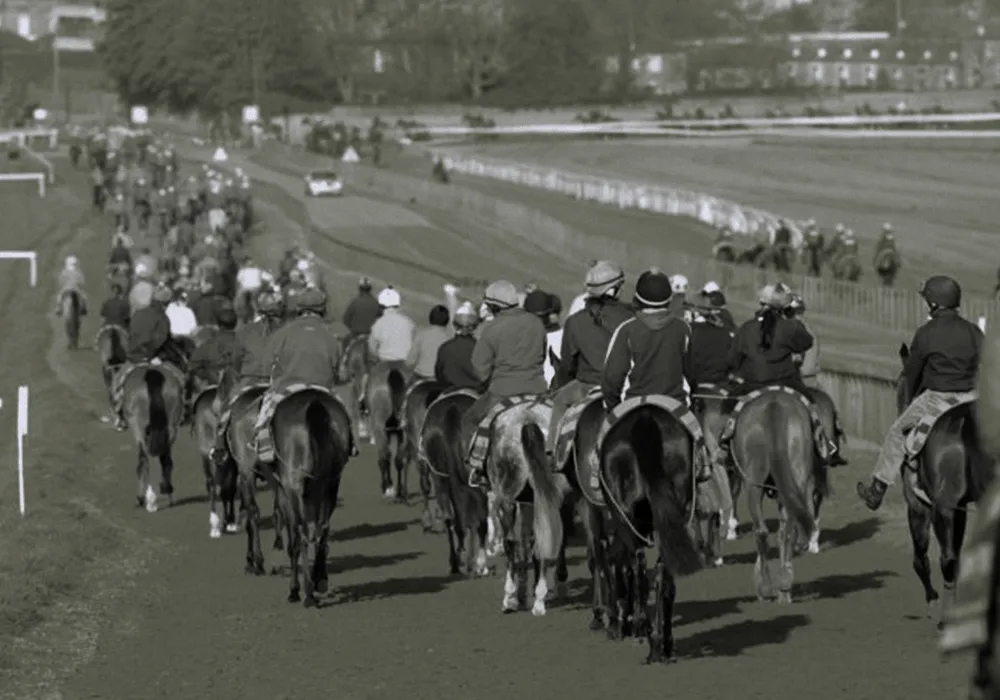Managing Muscle Myopathies – the Latest in Tying Up

Dr. Valberg presents the research which sheds light on the horse's heightened susceptibility to this disorder and the identification of contributing factors in various breeds, in addition to strategies for managing different forms of chronic tying-up.
Dr Stephanie Valberg is a truly international leader in the understanding and management of equine neuromuscular disorders. Her vast experience in diagnosing muscle disease in horses and developing diagnostic tools is unparalleled - Stephanie is a true pioneer - and we have been incredibly lucky to benefit directly from her collaborative relationship with Kentucky Equine Research over the last 20 years.
Dr Valberg is a professor and director of the Neuromuscular Diagnostic Laboratory at the Michigan State University College of Veterinary Medicine. She received her DVM from the University of Guelph Ontario Veterinary College and her PhD in equine exercise physiology from the Swedish University of Agricultural Sciences. She is board certified in large animal internal medicine and veterinary sports medicine and rehabilitation.
Dr Joe Pagan first met Stephanie when she was a Ph.D student some 35 years ago, and they have been working together for the last 25 years. Their first research paper was presented at the International Conference for Equine Exercise Physiology in 1998, and it went on to be published in 1999. That collaboration led to the product development of one of our own bestsellers - a feed called Re-Leve.
The overarching goal of Stephanie’s research and clinical work is to define the basis for neuromuscular disorders in horses, develop accurate, minimally invasive diagnostic tests, and produce optimal methods for preventing or managing performance limiting diseases.
Her work in equine muscle disease has transformed equine clinical practice. Her research has led to the discovery of previously unknown muscle disorders, identification of their genetic basis, and the development of nutritional strategies to minimize muscle pain.
Stephanie is widely published, and has mentored graduate students, interns, residents, and post-doctoral students and is a recipient of numerous awards such as the 2014 Richard Hartley Clinical Award from the British Equine Veterinary Association for her research linking seasonal pasture myopathy to box eldertree seeds.
In 2012, she became the first woman to be inducted into the Equine Research Hall of Fame. She has twice received the Pfizer Research Excellence Award, and in 1998 received the EquiSci International Award, an honor presented every four years to the individual whose work most significantly impacts equine exercise physiology research.
Need Guidance?
If you would like any further information on feeding your horse or pony please feel free to contact our nutritional team on +44 (0)1622 718 487, email info@saracenhorsefeeds.co.uk or fill out our Feed Advice Form.
